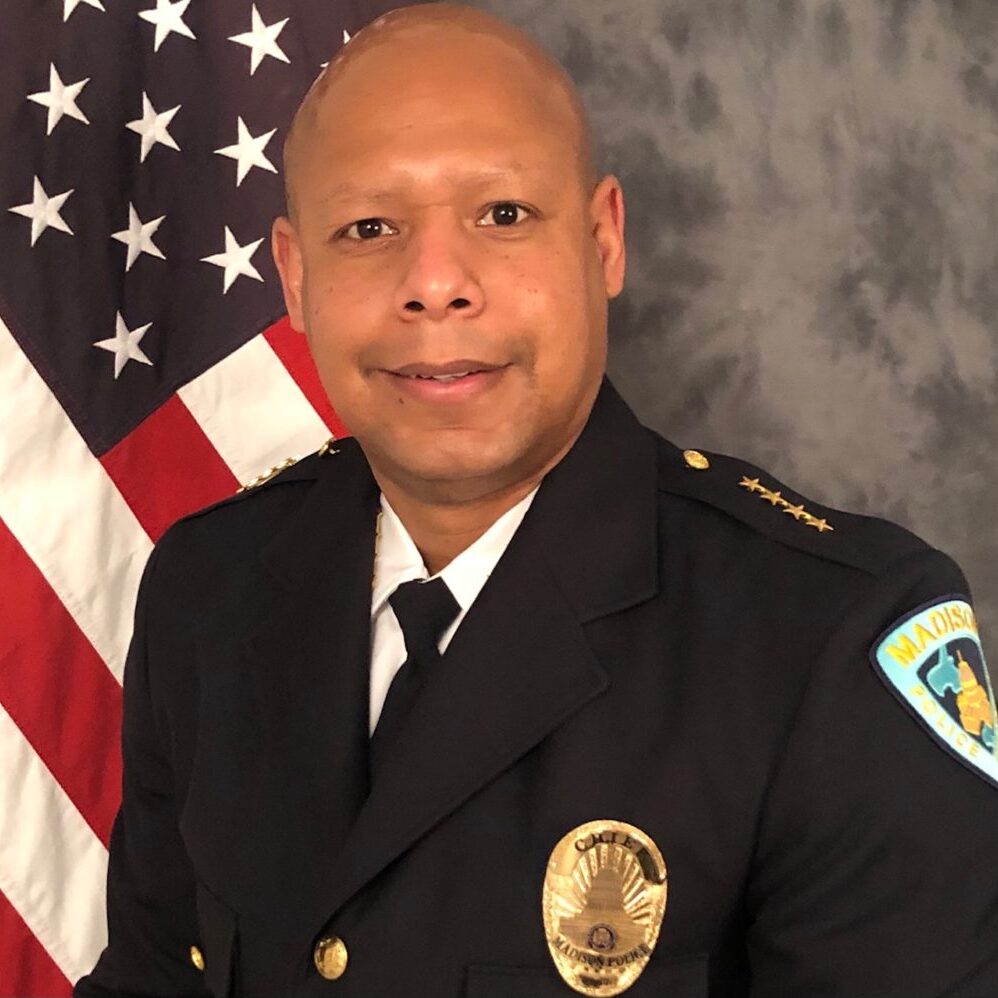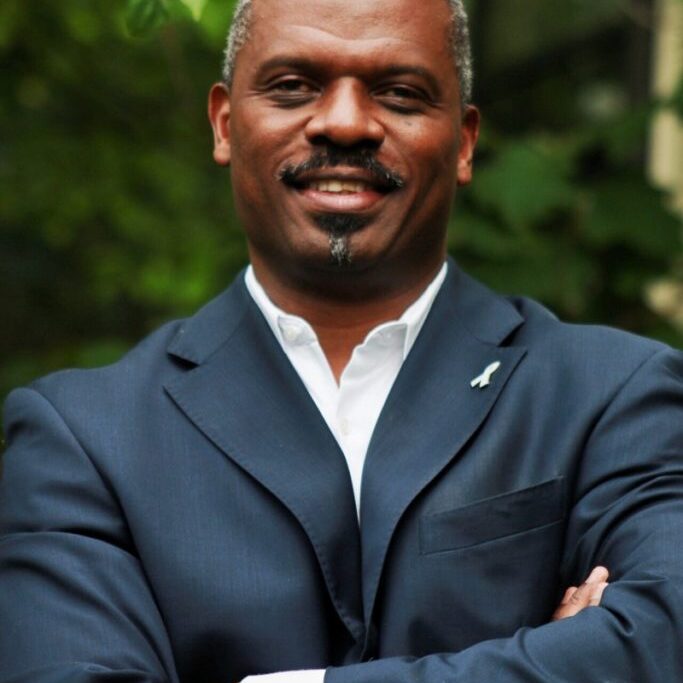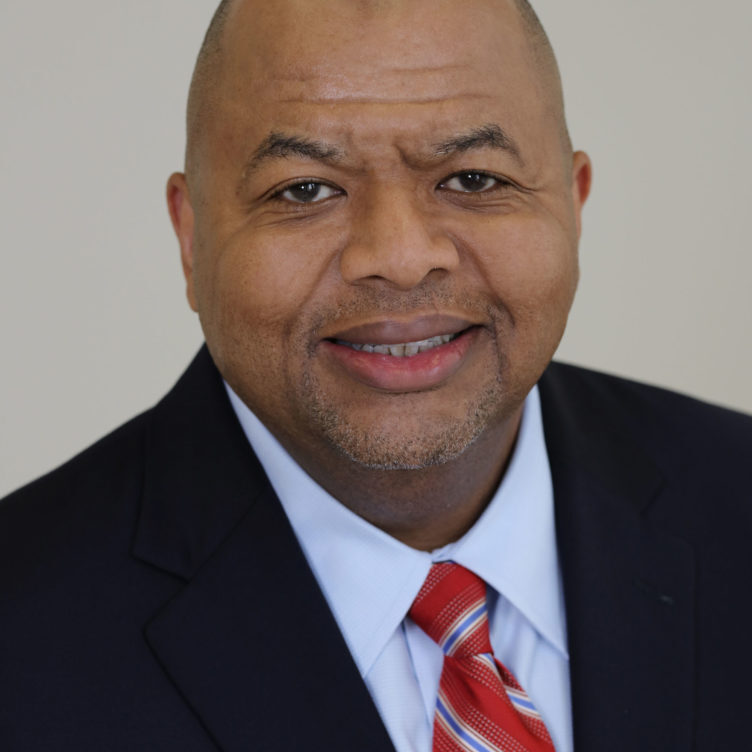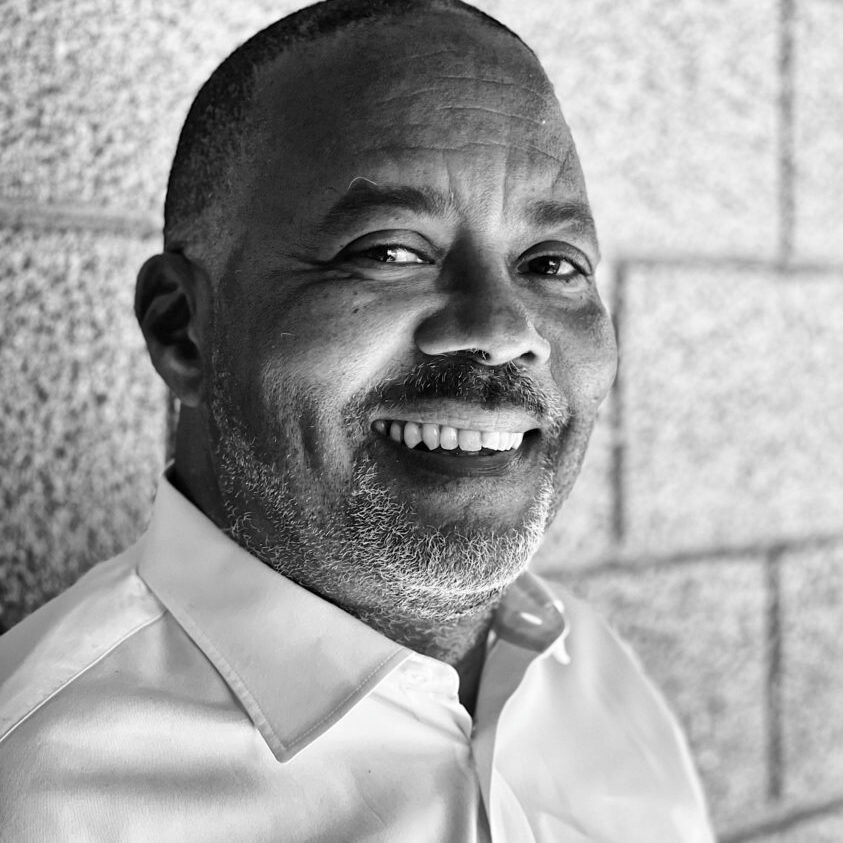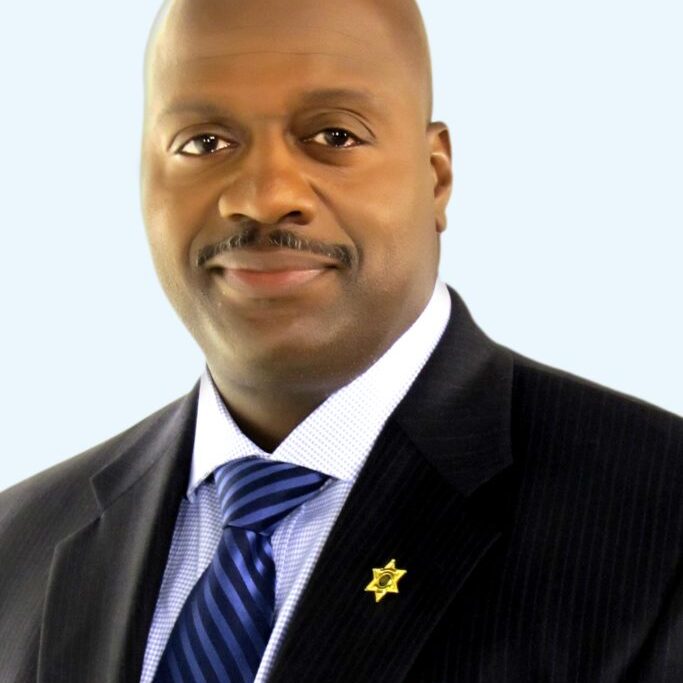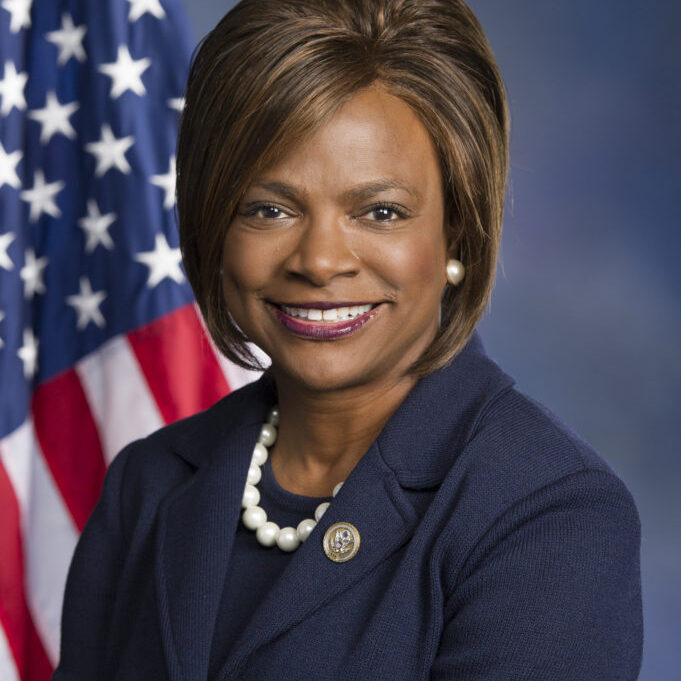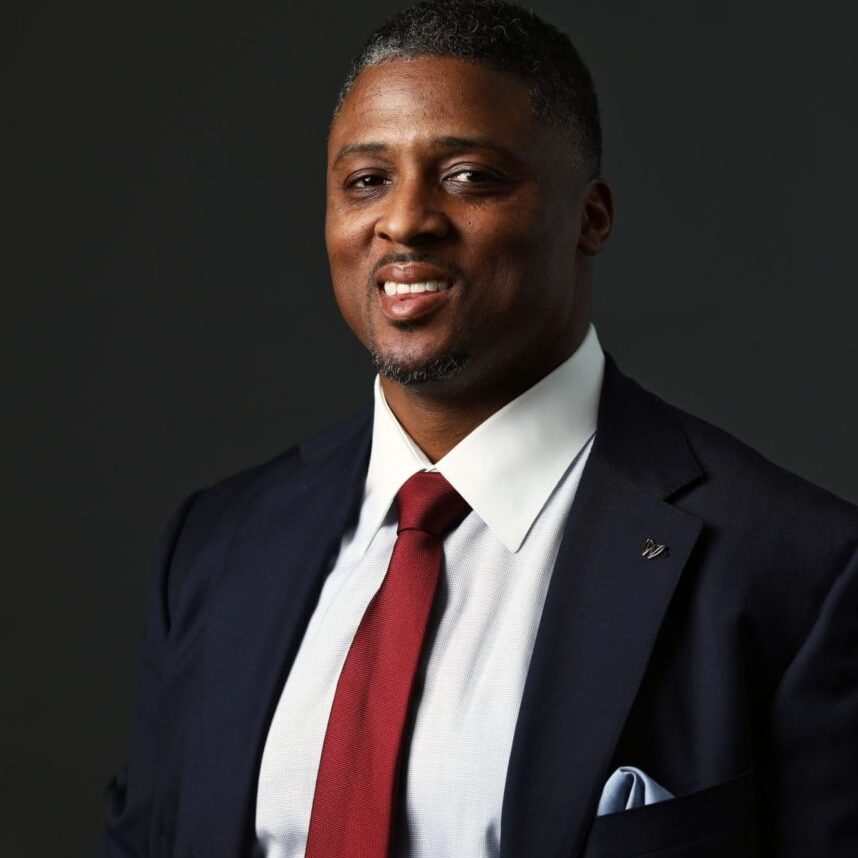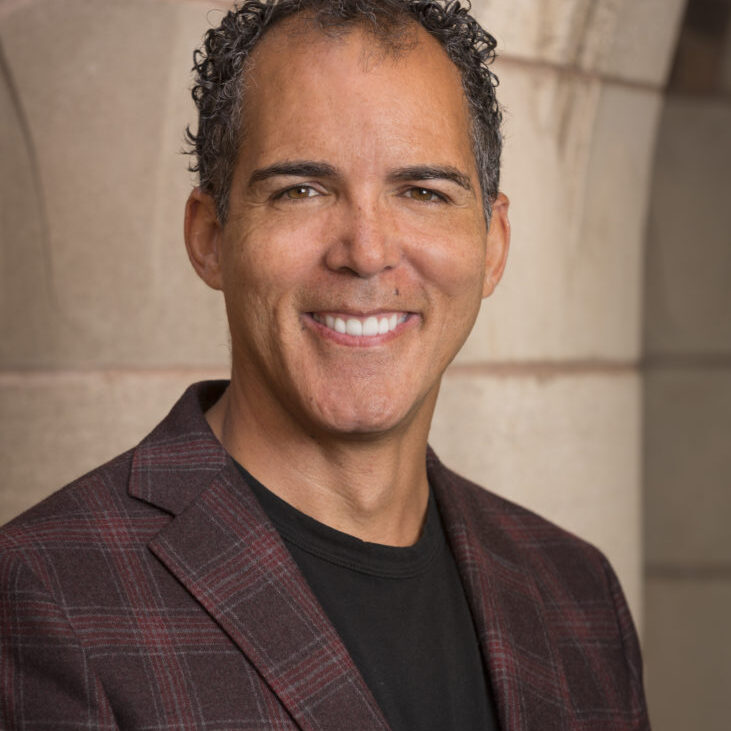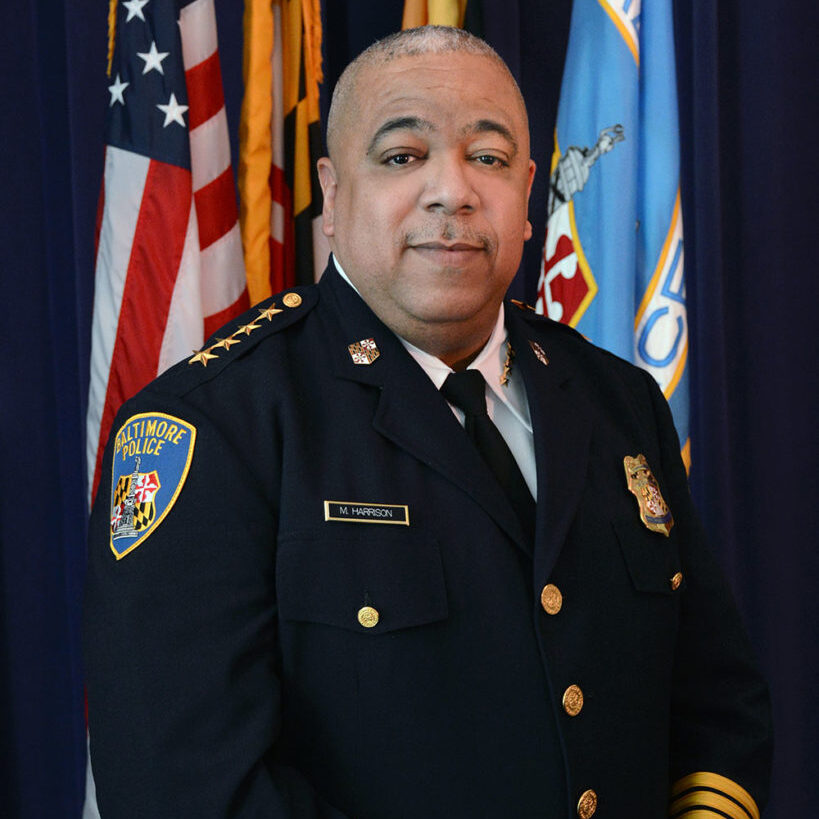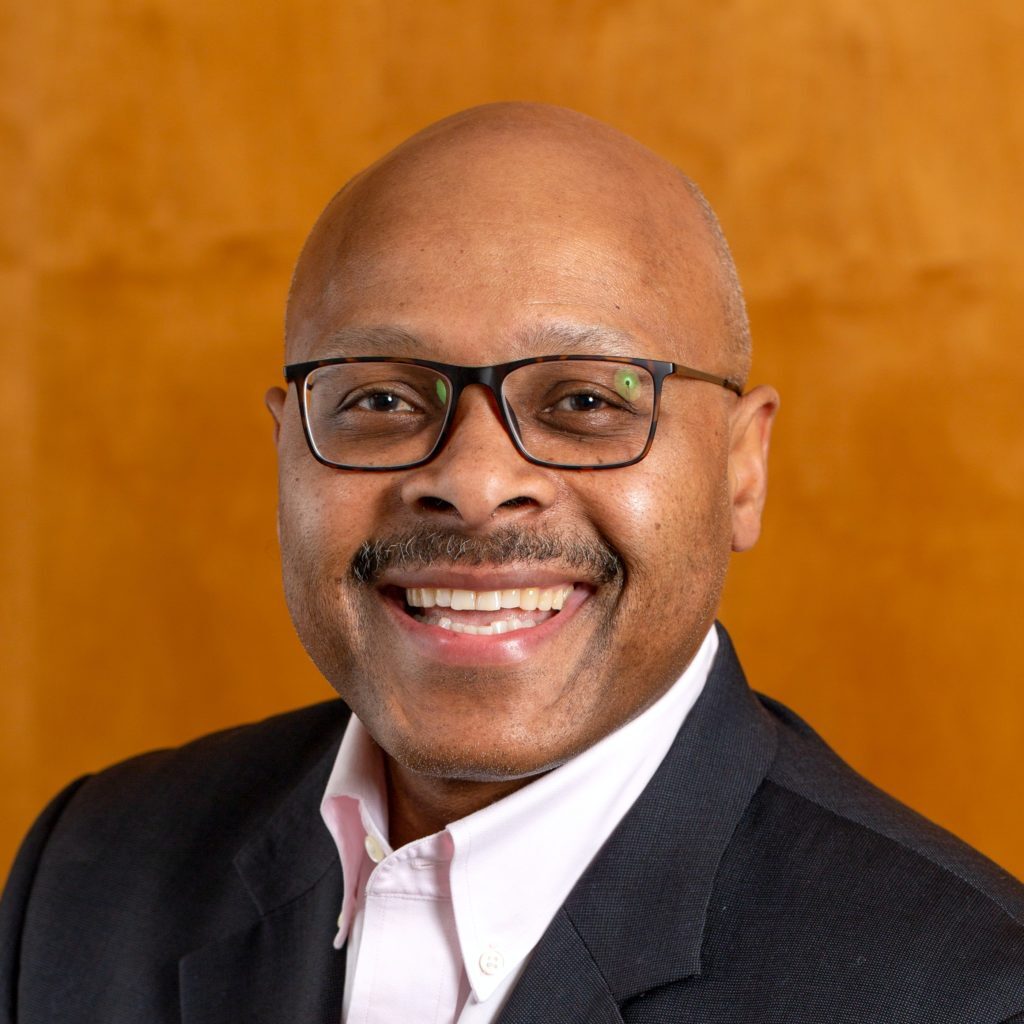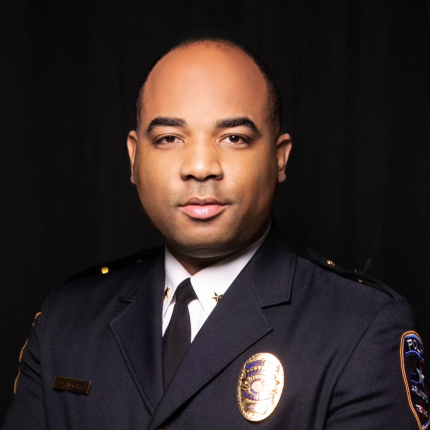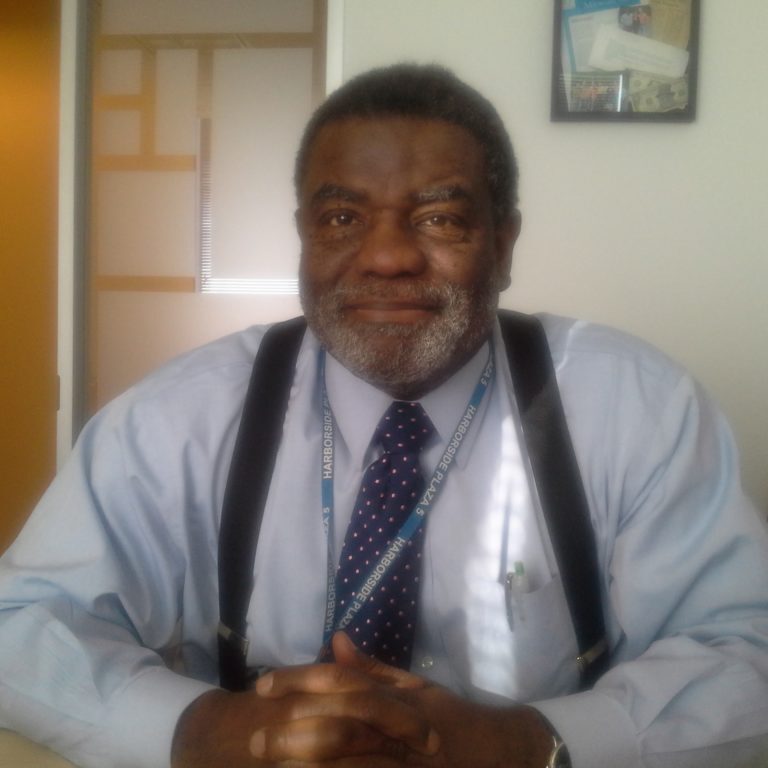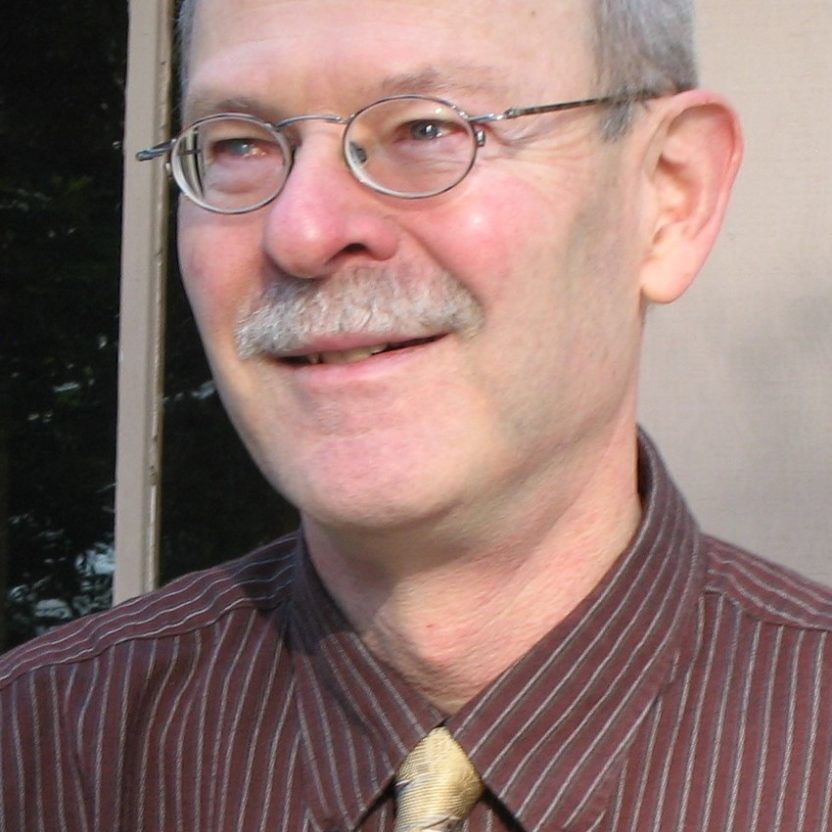On October 18, 2020, the National Policing Institute, formerly the National Police Foundation, announced the formation of the Council on Policing Reforms and Race, an independent initiative to support excellence in policing, address racial disparities, and build and enhance trust and legitimacy.
The Council is a majority African American-led nonpartisan initiative that will use research and evidence to consider and offer recommendations to resolve some of the most significant and pressing issues concerning policing reforms and race. In launching this effort, the Institute acknowledges the role that racism, bias, culture (societal and organizational), and patterns and practices have played in the deterioration of trust and respect between law enforcement and Black communities. The Institute will encourage the Council to offer commentary, recommendations, and solutions for addressing these issues.
While various national panels and blue-ribbon commissions have been put forth previously to address similar areas of concern, this effort is distinguished by bringing together a broad cross-section of perspectives, infusing what we know and don't know from science in relation to these issues, elevating the voices of Black Americans working inside and outside of the policing profession.
Table of Contents ▸
Message from the Facilitators and Acknowledgments ▸
In 2018, the National Policing Institute (then the National Police Foundation) asked Strategic Applications International (SAI) to facilitate the Council on Policing Reforms and Race. SAI was uniquely positioned to help guide the Council on this important issue. James E. Copple, the founding principal of SAI facilitated the President’s Task Force on 21st Century Policing and the Council on Criminal Justice’s Task Force on Federal Priorities.
SAI immediately reached out to Johnny J. Mack, Ph.D, the founder of the public strategy company The Jonymak Group, to be the lead facilitator. Dr. Mack had been the director of the Martin Luther King, Jr. Center and was familiar with the intersection of poverty and race. Under his steady hand, the Council moved to debate, discuss, and achieve consensus on 56 recommendations with supporting research and evidence.
The murder of George Floyd and numerous other events of police-involved violence required a new approach to police and criminal justice reform. What the Institute initially planned to be a six-month project focused on racial disparities in policing concluded after two years of intense work.
The Council composition was unique in that it was one of the only reform efforts to invite civilian or non-law enforcement participants to be part of the discussion. These individuals brought their unique business, marketing, and community development backgrounds to the process. In the two years it took to complete the project, the facilitators met with the Council seven times. We facilitated over 60 individual Zoom or phone interviews with Council members and 12 subgroup meetings on the Culture of Policing, Accountability, and Reimagining Policing.
Professor James Forman, Jr., co-chair of the Council, recruited his students at Yale Law School to conduct research and interview subject matter experts. We also facilitated youth and line officer working groups. Other subject matter experts briefed the Council on research and practice related to traffic stops, fines and fees, school resource officers, and police leadership. These groups provided significant input to the Council’s work, including discussion and perspective on the viability of the recommendations.
This effort reflects a comprehensive and research-based approach to understand better and develop the 56 recommendations that address racial disparities in policing. They could not have been developed, researched, or published without the support of the Council members, the Institute, working group participants, subject matter experts, and students. Below are some of the individuals that contributed to this important work.
Students from Yale Law School ▸
TJ Grayson
Morgan Peters
Mona Mangat
Taylor Withrow
Kenneth Webb
Chloe Charles
Youth Working Group ▸
Alexis Acevedo
Phillip Beard
Lacy Cano
Chloe Charles
Jonathan R. Mack
M'Lynn Martin
Ariel Montrose
Morgan Peters
Lucy Tuchman
Celina Vasquez
Kenneth Webb
William Wang
Line Officer Working Group ▸
John Wagstaff
Obed Magny
Shaun Ward
Terry W. Cherry
Luke Bonkiewicz
Julius Givens
Jermaine Harris
Tracy McCray
With appreciation,
Johnny J. Mack, Ph.D
Lead Facilitator
James E Copple
Co-Facilitator
Meet the Council ▸
Statement of Independence & Funding Support Acknowledgement
The establishment and support for the Council and its work was made possible through funds provided by the Institute through unrestricted contributions and donations received. In total, the Institute provided in excess of $400,000 in funding support to the effort. Additionally, the Institute acknowledges the financial support of philanthropist MacKenzie Scott which was also leveraged to complete the Council’s work and release its recommendations.
Though the Council’s work is concluded, there remains much more to be done to support and encourage change and to urgently conduct the research needed to answer remaining questions and guide fact-based reforms and advancements. The Institute welcomes contributions in support of this goal. Contributions and gifts can be made online by clicking this button:
The Institute is a 501(c)(3) organization and is registered in all 50 states and the District of Columbia. The Institute maintains a Platinum Seal of Transparency from GuideStar and works to protect its strong rating by Charity Navigator.

